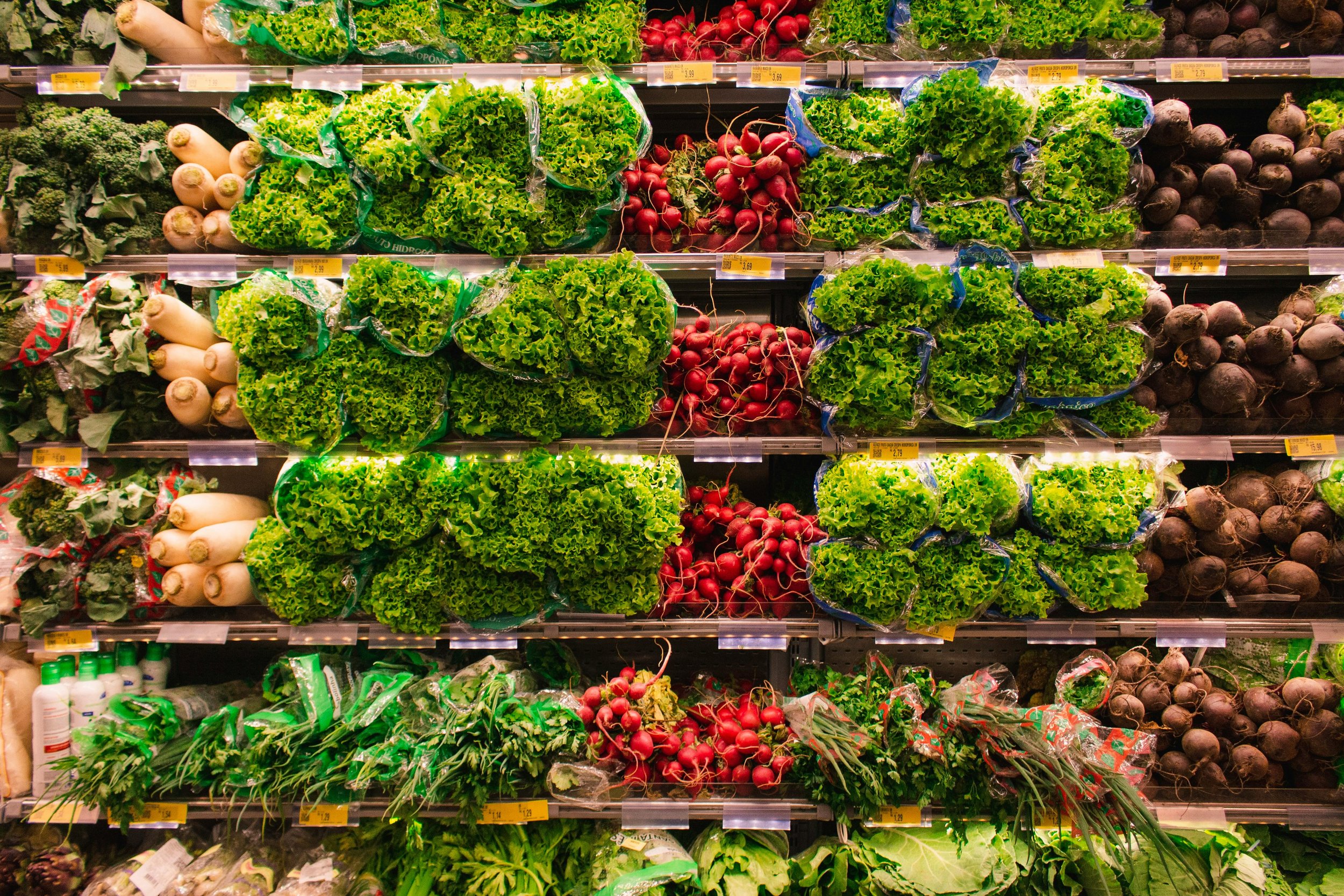
Produce Sustainability News
Sustainability Compliance: What This Year’s Reporting Taught Us and Why to Start Thinking About 2026
Sustainability reporting has become an integral part of doing business in the produce industry but for many, it still feels like a rush to the finish line. Every year reporting season reveals both the challenges and the opportunities within sustainability compliance. Now, while the experience is fresh, is the perfect time to assess what worked, what didn’t, and how to make next year’s process more strategic, efficient, and valuable for your business.
SB 253 and SB 261: Preparing for Climate Disclosures
California’s new climate disclosure laws, SB 253 and SB 261, are ushering in a new era of corporate accountability, requiring companies to publicly report greenhouse gas emissions and climate-related financial risks. For produce companies, understanding these requirements now is essential to ensure compliance, strengthen sustainability strategies, and lead confidently in a changing regulatory landscape.
Extended Producer Responsibility is Here. Is Your Company Ready?
Extended Producer Responsibility (EPR) laws are transforming how produce companies approach packaging by making producers financially and operationally accountable for the materials they put into the market. For fresh produce brands, understanding and acting on these new regulations isn’t just about compliance—it’s an opportunity to lead in sustainability and build long-term resilience. Learn about key components of EPR that your company should be considering now.
5 Data Points That Prove Sustainability is Good for Business in Fresh Produce
Sustainability isn’t optional in fresh produce — it’s a business advantage. Consumers prefer eco-friendly choices, retailers like Walmart, Kroger, ALDI, and Whole Foods demand it, and regulations are catching up. Discover 5 data-backed reasons why sustainability drives profit, shelf access, and long-term resilience.
Feeling the Pressure from Retail Compliance? You’re Not Alone.
Feeling overwhelmed by retailer sustainability requests? Learn how fresh produce companies can simplify compliance, protect shelf space, and stay competitive with the right strategy and support from Measure to Improve.





